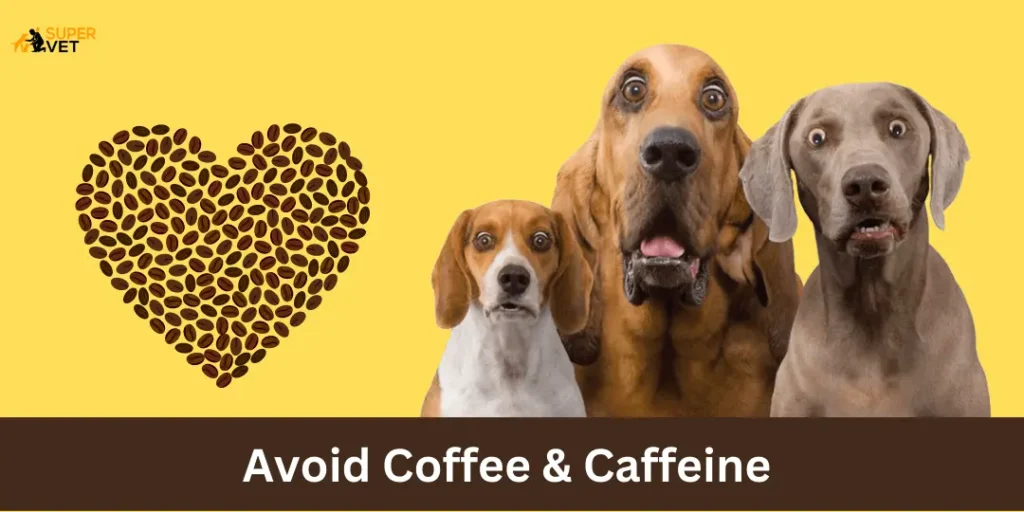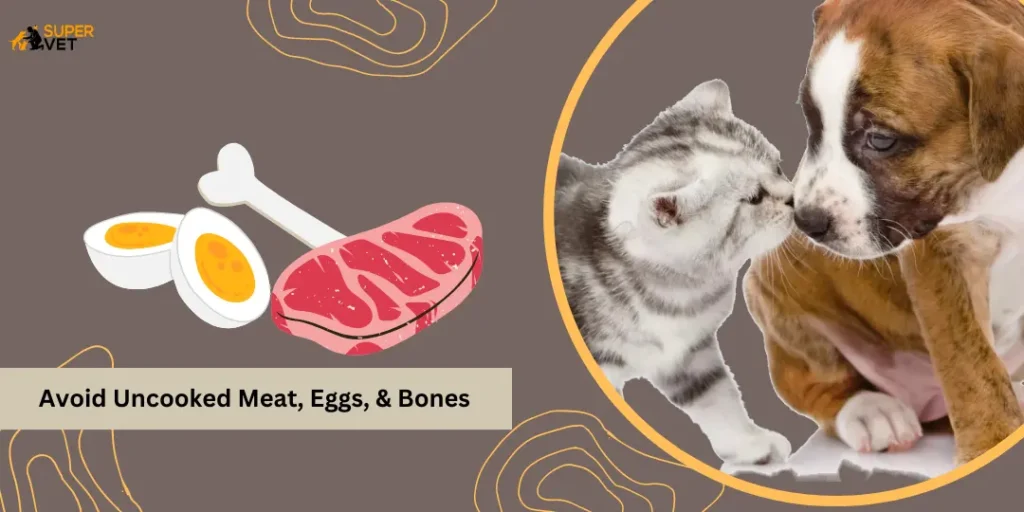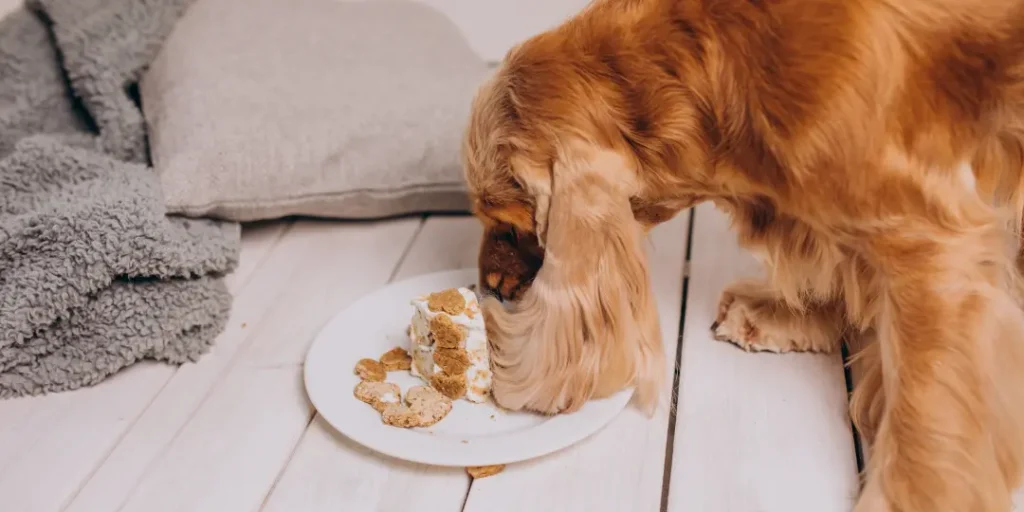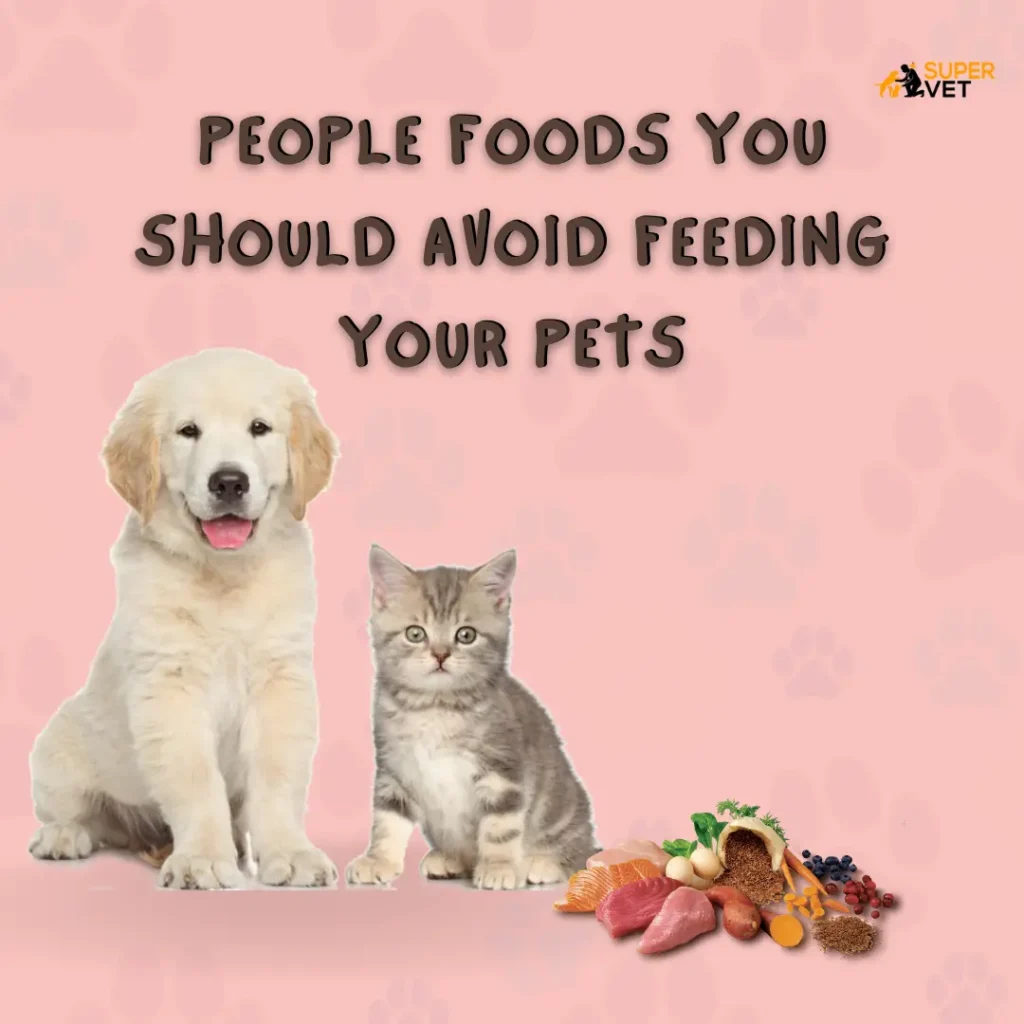Are you ready to learn the critical details about your pets’ diet? The idea of giving your pups top-notch nutrition seems simple enough. how do you know if what you’re feeding them is really good for them? Do certain kinds of snacks and foods make your pets sick? And which ones are okay to give your dog or cat?
While it’s true that most dogs and cats like the taste of human food. It’s also true that they probably aren’t getting enough protein and other nutrients from their human food as they should be.
Not everyone knows this, but for many people, including pet owners, it is against the law to feed pets “human foods” like cereals and pasta because these are high in carbohydrates and not much else.
But as with any laws that are made for one reason or another, it doesn’t mean those same regulations should apply to pets. Many people believe there are certain foods dogs and cats should not eat (such as fish) because their own bodies aren’t regulated the same way as those of an animal.
In this article, we explain the eight most common people foods your furry friends should avoid., including why you should never give them and which ones are okay to share a plate with . . . at least once!
Why should you never give your pet “people foods”?
As a pet owner, you probably already know this, but here’s the deal: Your dog or cat shouldn’t eat “people’s foods” because their own bodies haven’t been built to handle them.
These “human foods” contain calories, carbohydrates, fats, and proteins that your pet’s digestive system can’t yet handle. When your pet starts to eat these “people foods,” they are basically overloaded with nutrients and calories.
They aren’t getting the essential protein, calories, and vitamins they need to grow and function properly. This means that even though they are getting some protein from their own food, they aren’t getting the amount they need.
We know this because research shows that when dogs and cats don’t get the nutrients they need from their own food, they get them from other sources. This means they are likely getting more than they should from these “people foods” and may end up with excess weight because of it.
Here are the top 8 foods you shouldn’t feed your pet
1. Cereal/Coffee/Tea/Black-Out Diet

The most common “people food” dogs and cats eat is cereal, which is technically a “grain.” While it is rich in carbs and protein, it’s not a good choice for your pet. Here are a couple of reasons, why?
Cereal is high in sugar and can lead to diabetes. Sugar is not suitable for your dog’s liver or heart. Coffee and tea are also bad for dogs. These drinks contain high amounts of caffeine, which is harmful to dogs. Too much caffeine can lead to restlessness and a habit of drinking too much water.
2. Xylitol
Xylitol is a type of sugar found in plants and used as a natural anti-candida treatment. It’s clear, colorless, and odorless. That’s why it’s often used as a sugar substitute in place of sugar in baking. This popular “people food” has some serious safety concerns:
Xylitol is potentially toxic to animals. Xylitol can get into your dog’s system through bites and scratches. Xylitol can also get into your dog’s eyes, which can be dangerous. Dogs that eat a lot of xylitol may develop osteoporosis, which is when the bones become brittle and can break easily.
3. Salt and Salty Snack Foods
Salty snacks can be a real problem for your dog. Too much of it can lead to a dry mouth and a dry stomach. Dry stomach syndrome is when your pet can’t feel his stomach when he eats. This can lead to increased urination, which can be harmful.
Too much of this “people’s food” can also lead to weight gain. Ideally, dogs should eat oily/fatty foods to get the essential omega-3 fatty acids they need. But, some foods, like mackerel, are too fatty for your pet.
4. Raw/Undercooked Meat, Eggs, and Bones

This one is a no-brainer! Raw meat, especially beef, and lamb, contain toxins. It’s also very high in fat and calories. And, while you should feed your dog lean protein, this is the wrong kind. They should be eating the bloody type, which is the fat-free variety.
Eggs should be pre-cooked or at least scrambled. You should never leave an egg unbroken. And bones should be avoided at all costs. They are filled with toxic minerals and can be an internal source of calcium for your pet.
5. Nuts/ Seeds/ Honeycomb
Salted nuts and seeds are bad for dogs. They should be avoided because they are high in sodium and sodium-containing anions, which can be harmful to your dog’s kidneys.
Honey is nutritious, but too much of it can be harmful. It’s made from the nectar of bees, which is good for the environment, but not for your pet.
Seeds should be avoided because they are high in sodium. And, as with everything, moderation is the key. You can give your pet a couple of peanuts, but not at the same time as you’re giving your child peanuts.
6. Milk and Dairy

You probably know this one already, but milk and dairy products contain casein, a “protein” that is generally not good for dogs. The main problem with casein is that it’s digested slowly by your pet’s stomach, which can lead to cramping and, in extreme cases, diarrhea.
If your pet has diarrhea, your vet can check him for crystals and other foreign bodies in his stomach. And don’t ever give your pet milk or dairy products at the same time as your child, even if they are on a diet. This can be harmful to your pet’s health.
7. Onions, Garlic, Chives
These are both popular “people foods” and are also true “dogs’ foods.” While you should feed your dog meat more often than you feed your child, you shouldn’t overdo it. Just a tiny portion of each day is ideal.
Onions should be fed after proteins (such as meat) to help your pet’s body break down proteins so they can use them for energy. And, like with protein, too much of this “people’s food” can lead to excess weight gain. Chives should be fed a little bit of everything to help your pet’s body break down nutrients.
8. Alcohol
This one is a no-brainer! Your pet should never be allowed to drink alcohol. We know this can be difficult, but you should strictly prohibit it for your pet. There are exceptions, like if they are old enough to drink legally, or if they are being given to them as medical treatment. But even then, only small amounts.
Summary
As you can see, there are many different types of people foods your pet can’t eat. If you’re not sure what foods your pet should or shouldn’t eat, it’s best to ask your veterinarian or a qualified pet nutritionist.
Some of these foods should be avoided because they are harmful to your pet’s health. Others, though, are fine to share a meal with your pet once in a while.

